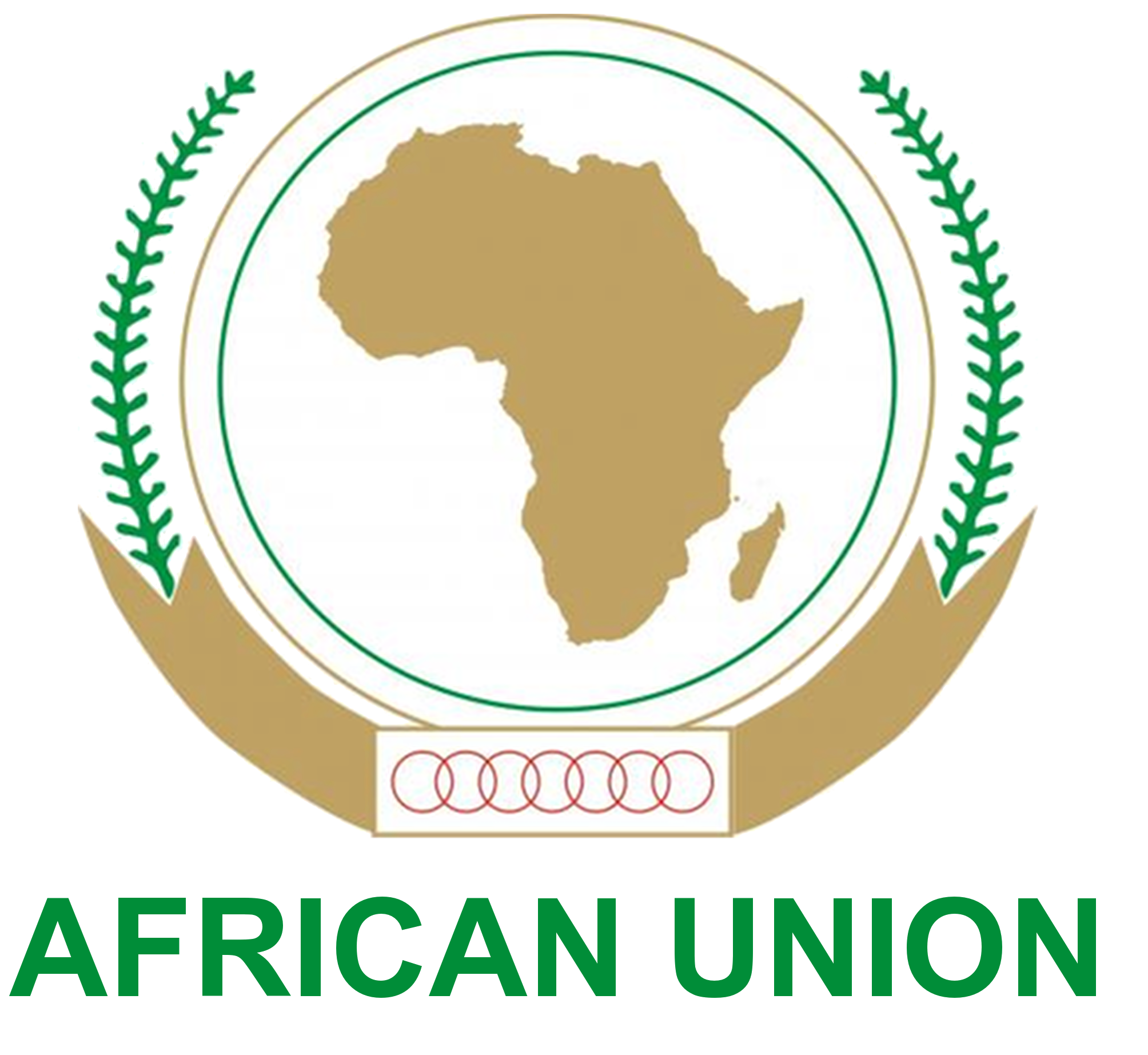Relevance

Africa is faced with a formidable array of environmental and agricultural challenges. One of the most urgent needs of the region is to reconcile its development needs, including the need to intesify food production, with the sustainable management of its natural resources. The unsustainable exploitation and degradation of forests, soils, land, wildlife, fresh water and other natural resources has become a major threat to sustainable development, which needs to be based on reaching food security for a rapidly growing population. Poverty remains the main cause and consequence of food insecurity, environmental degradation and resource depletion. Therefore, there is an urgent need to break the cyclical and downward spiral of the poverty –environment- nexus. Despite numerous strategies and programmes, experience with environmental management in Africa shows that environmental concerns are not sufficiently mainstreamed into national or sub-regional development policies including in agricultural strategies and action plans. Furthermore, specific action plans to address the main issues arising from MEAs are frequently lacking or are inappropriate.
In addition, it is often difficult at the national level to ensure appropriate coordination between national and international efforts. Despite commitments and declarations by the Governments of African countries, the environment sector is still not considered a political and financial priority for a number of them and the link between conserving the environment (the raw resources of agriculture) and intensification of food production needs to be established, and maintained. Much remains to be done in order to ensure the necessary mainstreaming.
The capacity needs identified so far include:
-
Adequate national and sub-regional policy frameworks for the effective implementation of global and regional conventions.
-
Development and implementation of national legislative frameworks in a coordinated manner in order to comprehensively address the complexity of issues covered by global conventions.
-
Adequate institutional mechanisms for the implementation of such frameworks, including strengthening the role of existing environmental and agricultural institutions.
-
Enhanced mechanisms for management of environmental and agricultural information, including coordination, integration, reporting to MEAs and delivery to identified targets. Particular emphasis is placed on the policy and decision-making processes.
-
Enhanced mechanisms required for regional cooperation on issues of common concern such as the management of shared ecosystems, in conformity with existing agreements between the countries concerned. Specific areas of regional concern include the following: migratory species; trade in endangered species; shared coastal and inland water bodies; transboundary river basins and chemical pollution including anthropogenic mercury and synthetic pesticides release.
-
Enhanced exchange of information and expertise for a better understanding of the status of and trends in environmental degradation. Areas of particular concern include: vulnerability to climate change, impacts of land degradation and desertification and implications of loss of biodiversity, agricultural management and the consequences of inappropriate crop protection practices, in addition to a variety of other environmental challenges.
-
Enhanced negotiating and technical skills of African representatives at meetings of major global environmental conventions and international environmental negotiations.
-
Public awareness of global conventions and related sustainable development instruments.
